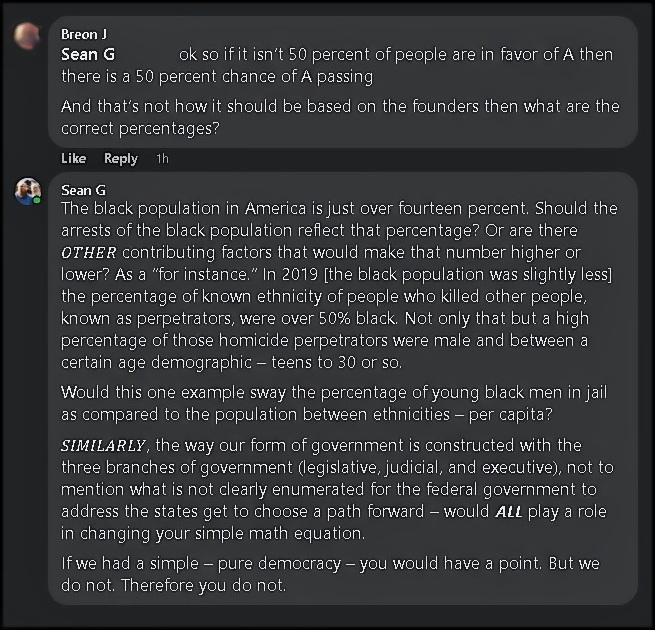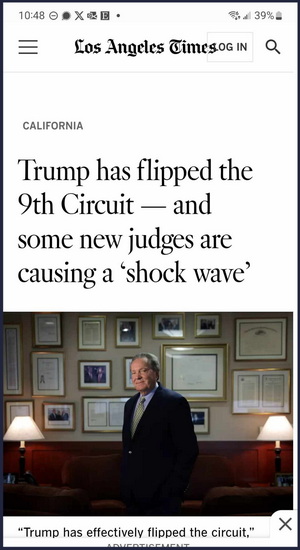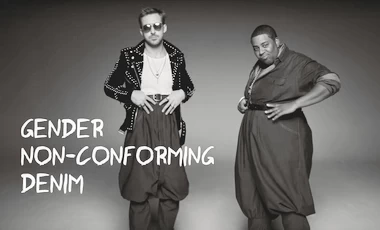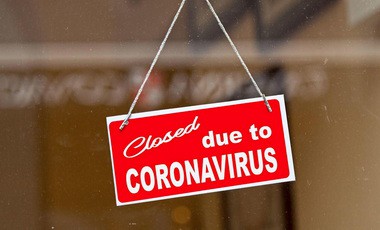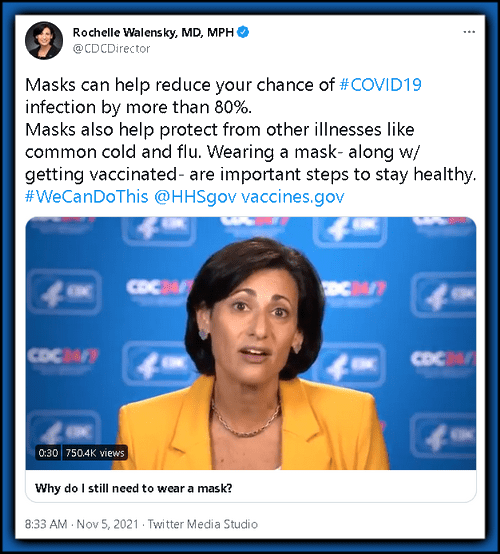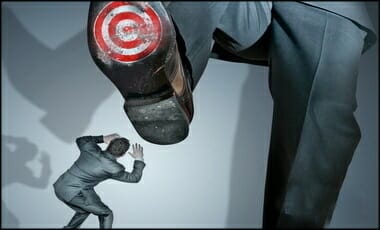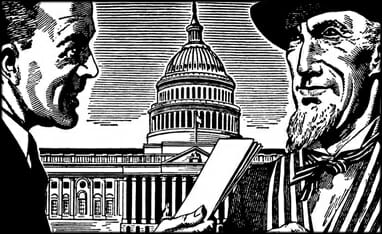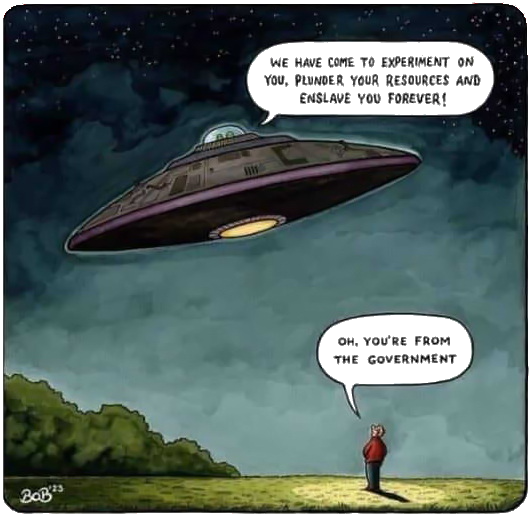A second fundamental element of the Constitution is the concept of checks and balances. As James Madison famously wrote in The Federalist No. 51,
In framing a government which is to be administered by men over men, the great difficulty lies in this: You must first enable the government to controul the governed; and in the next place oblige it to controul itself. A dependence on the people is, no doubt, the primary controul on the government; but experience has taught mankind necessity of auxiliary precautions.
These “auxiliary precautions” constitute the improved science of politics offered by the Framers and form the basis of their “Republican remedy for the diseases most incident to Republican Government” (The Federalist No. 10).
The “diseases most incident to Republican Government” were basically two: democratic tyranny and democratic ineptitude The first was the problem of majority faction, the abuse of minority or individual rights by an “interested and overbearing” majority. The second was the problem of making a democratic form of government efficient and effective. The goal was limited but energetic government. The constitutional object was, as the late constitutional scholar Herbert Storing said, “a design of government with the powers to act and a structure to make it act wisely and responsibly.”
The particulars of the Framers’ political science were catalogued by Madison’s celebrated collaborator in The Federalist, Alexander Hamilton. Those particulars included such devices as representation, bicameralism, independent courts of law, and the “regular distribution of powers into distinct departments;’ as Hamilton put it in The Federalist No. 9; these were “means, and powerful means, by which the excellencies of republican government may be retained and its imperfections lessened or avoided.”
Central to their institutional scheme was the principle of separation of powers. As Madison bluntly put it in The Federalist No. 47, the “preservation of liberty requires that the three great departments of power should be separate and distinct,” for, as he also wrote, “The accumulation of all powers, legislative, executive, and judiciary, in the same hands, whether of one, a few, or many, and whether hereditary, self-appointed or elective, may justly be pronounced the very definition of tyranny.”
Madison described in The Federalist No. 51 how structure and human nature could be marshaled to protect liberty:
[T]he great security against a gradual concentration of the several powers in the same department, consists in giving to those who administer each department, the necessary constitutional means, and personal motives to resist encroachments of the others.
Thus, the separation of powers frustrates designs for power and at the same time creates an incentive to collaborate and cooperate, lessening conflict and concretizing a practical community of interest among political leaders.
Equally important to the constitutional design was the concept of federalism. At the Constitutional Convention there was great concern that an overreaction to the inadequacies of the Articles of Confederation might produce a tendency toward a single centralized and all-powerful national government. The resolution to such fears was, as Madison described it in The Federalist, a government that was neither wholly federal nor wholly national but a composite of the two. A half-century later, Alexis de Tocqueville would celebrate democracy in America as precisely the result of the political vitality spawned by this “incomplete” national government.
The institutional design was to divide sovereignty between two different levels of political entities, the nation and the states. This would prevent an unhealthy concentration of power in a single government. It would provide, as Madison said in The Federalist No. 51, a “double security. .. to the rights of the people.” Federalism, along with separation of powers, the Framers thought, would be the basic principled matrix of American constitutional liberty. “The different governments;’ Madison concluded, “will controul each other; at the same time that each will be controulled by itself.”
But institutional restraints on power were not all that federalism was about. There was also a deeper understanding–in fact, a far richer understanding–of why federalism mattered. When the delegates at Philadelphia convened in May 1787 to revise the ineffective Articles of Confederation, it was a foregone conclusion that the basic debate would concern the proper role of the states. Those who favored a diminution of state power, the Nationalists, saw unfettered state sovereignty under the Articles as the problem; not only did it allow the states to undermine congressional efforts to govern, it also rendered individual rights insecure in the hands of “interested and overbearing majorities.” Indeed, Madison, defending the Nationalists’ constitutional handiwork, went so far as to suggest in The Federalist No. 51 that only by way of a “judicious modification” of the federal principle was the new Constitution able to remedy the defects of popular, republican government.
The view of those who doubted the political efficacy of the new Constitution was that good popular government depended quite as much on a political community that would promote civic or public virtue as on a set of institutional devices designed to check the selfish impulses of the majority As Herbert Storing has shown, this concern for community and civic virtue tempered and tamed somewhat the Nationalists’ tendency toward simply a large nation. Their reservations, as Storing put it, echo still through our political history.[1]
It is this understanding, that federalism can contribute to a sense of political community and hence to a kind of public spirit, that is too often ignored in our public discussions about federalism. But in a sense, it is this understanding that makes the American experiment in popular government truly the novel undertaking the Framers thought it to be.
At bottom, in the space left by a limited central government, the people could rule themselves by their own moral and social values, and call on local political institutions to assist them. Where the people, through the Constitution, did consent for the central government to have a role, that role would similarly be guided by the people’s sense of what was valuable and good as articulated through the political institutions of the central government. Thus, at its deepest level popular government means a structure of government that rests not only on the consent of the governed, but also on a structure of government wherein the views of the people and their civic associations can be expressed and translated into public law and public policy, subject, of course, to the limits established by the Constitution. Through deliberation, debate, and compromise, a public consensus is formed about what constitutes the public good. It is this consensus on fundamental principles that knits individuals into a community of citizens. And it is the liberty to determine the morality of a community that is an important part of our liberty protected by the Constitution.
The Constitution is our most fundamental law. It is, in its own words, “the supreme Law of the Land.” Its translation into the legal rules under which we live occurs through the actions of all government entities, federal and state. The entity we know as “constitutional law” is the creation not only of the decisions of the Supreme Court, but also of the various Congresses and of the President.
Yet it is the court system, particularly the decisions of the Supreme Court, that most observers identify as providing the basic corpus of “constitutional law.” This body of law, this judicial handiwork, is, in a fundamental way, unique in our scheme, for the Court is charged routinely, day in and day out, with the awesome task of addressing some of the most basic and most enduring political questions that face our nation. The answers the Court gives are very important to the stability of the law so necessary for good government. But as constitutional historian Charles Warren once noted, what is most important to remember is that “however the Court may interpret the provisions of the Constitution, it is still the Constitution which is the law, not the decisions of the Court.”[2]
By this, of course, Warren did not mean that a constitutional decision by the Supreme Court lacks the character of binding law. He meant that the Constitution remains the Constitution and that observers of the Court may fairly consider whether a particular Supreme Court decision was right or wrong. There remains in the country a vibrant and healthy debate among the members of the Supreme Court, as articulated in its opinions, and between the Court and academics, politicians, columnists and commentators, and the people generally, on whether the Court has correctly understood and applied the fundamental law of the Constitution. We have seen throughout our history that when the Supreme Court greatly misconstrues the Constitution, generations of mischief may follow. The result is that, of its own accord or through the mechanism of the appointment process, the Supreme Court may come to revisit some of its doctrines and try, once again, to adjust its pronouncements to the commands of the Constitution.
This recognition of the distinction between constitutional law and the Constitution itself produces the conclusion that constitutional decisions, including those of the Supreme Court, need not be seen as the last words in constitutional construction. A correlative point is that constitutional interpretation is not the business of courts alone but is also, and properly, the business of all branches of government. Each of the three coordinate branches of government created and empowered by the Constitution–the executive and legislative no less than the judicial–has a duty to interpret the Constitution in the performance of its official functions. In fact, every official takes a solemn oath precisely to that effect. Chief Justice John Marshall, in Marbury v. Madison (1803), noted that the Constitution is a limitation on judicial power as well as on that of the executive and legislative branches. He reiterated that view in McCullough v. Maryland (1819) when he cautioned judges never to forget it is a constitution they are expounding.
The Constitution–the original document of 1787 plus its amendments–is and must be understood to be the standard against which all laws, policies, and interpretations should be measured. It is our fundamental law because it represents the settled and deliberate will of the people, against which the actions of government officials must be squared. In the end, the continued success and viability of our democratic Republic depends on our fidelity to, and the faithful exposition and interpretation of, this Constitution, our great charter of liberty.
[1] Herbert J. Storing, “The Constitution and the Bill of Rights.” in Joseph M. Bessette, ed., Toward a More Perfect Union: Writings of Herbert J. Storing (Washington, D.C.: The AEI Press, 1995).
[2] Charles Warren, The Supreme Court in United States History (Boston: Little, Brown, and Company, 1922-1924), 3 vols., 470-471.


